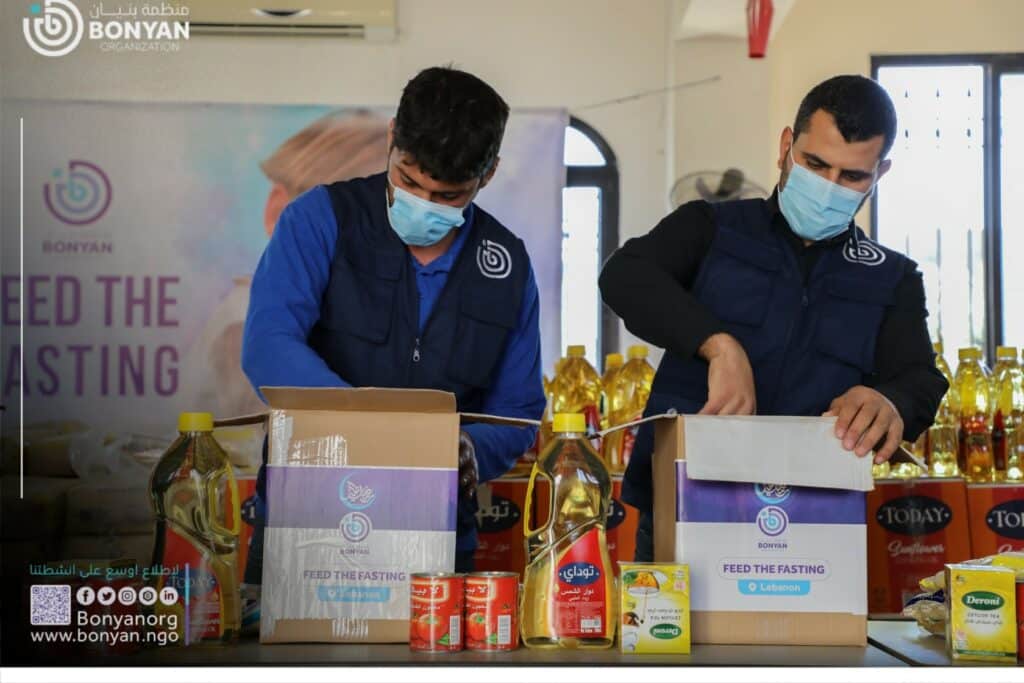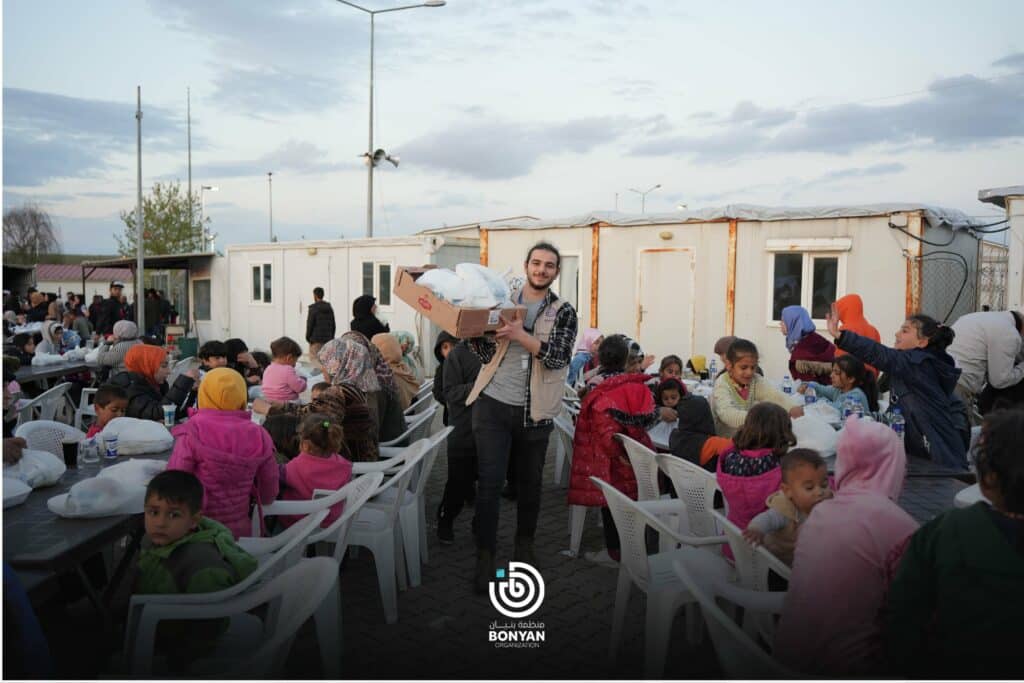The holy month of Ramadan provides a great opportunity for Muslims to elevate their spiritual status and go through a process of self-assessment.
There are many values that Muslims learn in this blessed month by fasting, such as self-discipline and patience.
This article will shed light on the many essential values related to the holy month of Ramadan.
The holy month of Ramadan: A time for reflection and spiritual renewal
The holy month of Ramadan is a time for inner reflection by adhering to Allah’s divine decrees.
This is because Muslims refrain from forbidden acts and dedicate their time to internal purification and self-discipline.
The worship deeds that Muslims perform during Ramadan contribute, especially fasting, contribute enormously to body-mind-spirit cleansing.
Most importantly, this process of cleansing helps Muslims to control their desires and temptations.
Above all, fasting and abstaining from all worldly, sensual pleasures help Muslims sympathize with the poor and the needy.

Ramadan and fasting: A pathway to self-discipline and inner peace
Fasting is an integral part of the inner process of self-discipline and inner peace.
This is because fasting is a process whereby Muslims harness their patience, discipline their needs and put their instincts under constant control.
Moreover, fasting helps Muslims build a stronger character because it involves being patient by restraining ourselves from food, drinks, and other worldly desires.
In addition, patience encompasses perseverance and endurance, which contributes immensely to strengthening ourselves.
Patience also involves withholding our instant reactions and desires, which amplifies the level of our patience and self-restraint.
Therefore, fasting is a dynamic state of proactively striving to purify our inner selves.
The essence of Ramadan: Charity, kindness, and sharing
The essence of the holy month of Ramadan encompasses the noble values of charity, kindness, and sharing.
Because Ramadan is a blessed month and a unique season for cultivating rewards and pleasing Allah (SWT), Muslims are urged to be generous in their righteous deeds.
In doing so, Muslims will be emulating the Prophet (PBUH) and following in his footsteps as it was reported that he was most generous during Ramadan.
Ibn `Abbas narrated: “The Prophet (PBUH) was the most generous of all the people, and he used to become more generous in Ramadan when Gabriel met him. Gabriel used to meet him every night during Ramadan to revise the Qur’an with him. Allah’s Messenger (PBUH) then used to be more generous than the fast wind,” (Sahih al-Bukhari).
Moreover, Muslims are urged to spread kindness and give charity to the less privileged members of the community, especially during the holy month of Ramadan.
In a similar vein, zakat al-Fitr is a form of charity the Muslims are obliged to pay either at the end of Ramadan or after sunset on the last day of fasting until the beginning of Eid prayer.
Muslims pay zakat al-Fitr to thank Allah (SWT) for helping them to fast the month and observe the righteous deeds in it.
As well, Muslims pay zakat al-Fitr in order to help the poor and the needy celebrate Eid joyfully with their families.

The significance of breaking fast and sharing meals during Ramadan
Breaking the fast of another Muslim is greatly rewarded during the Month of Ramadan. Muslims will get the same reward as any Muslim they help break his fast.
Such an act showcases the huge significance of charity and donations.
Zayd ibn Khalid reported: “The Messenger of Allah, peace and blessings be upon him, said, “Whoever helps break the fast of a fasting person, he will have the same reward as him without decreasing anything from the reward of the fasting person,” (Sahih al-Bukhari).
Therefore, Muslims should help their brothers and sisters in underserved communities such as refugee camps.
We call upon you to help our efforts at Bonyan Organization through their donations and charity.
Donate your zakat al-Fitr to the refugee communities and help draw a smile on a kid’s face who will be happy with his new clothes and shoes!
FAQs
How Ramadan changed my life?
Ramadan changed my life by teaching me self-discipline and patience through fasting and quelling my desires.
What is the importance of charity during Ramadan?
The importance of charity during Ramadan is getting rewarded immensely and helping the poor break their fast.
What are 3 reasons why Ramadan is important?
The 3 reasons why Ramadan is important include:
Learning self-discipline and patience.
Sympathizing with the poor.
Self-purification.
What are the benefits of giving charity in Islam?
The benefits of giving charity in Islam include:
Helps cure illnesses and avert death.
Eases hardships and calamities.
Opens one of the gates of paradise (jannah).
Purifies the self (nafs).
Provides a shade on the hereafter.



